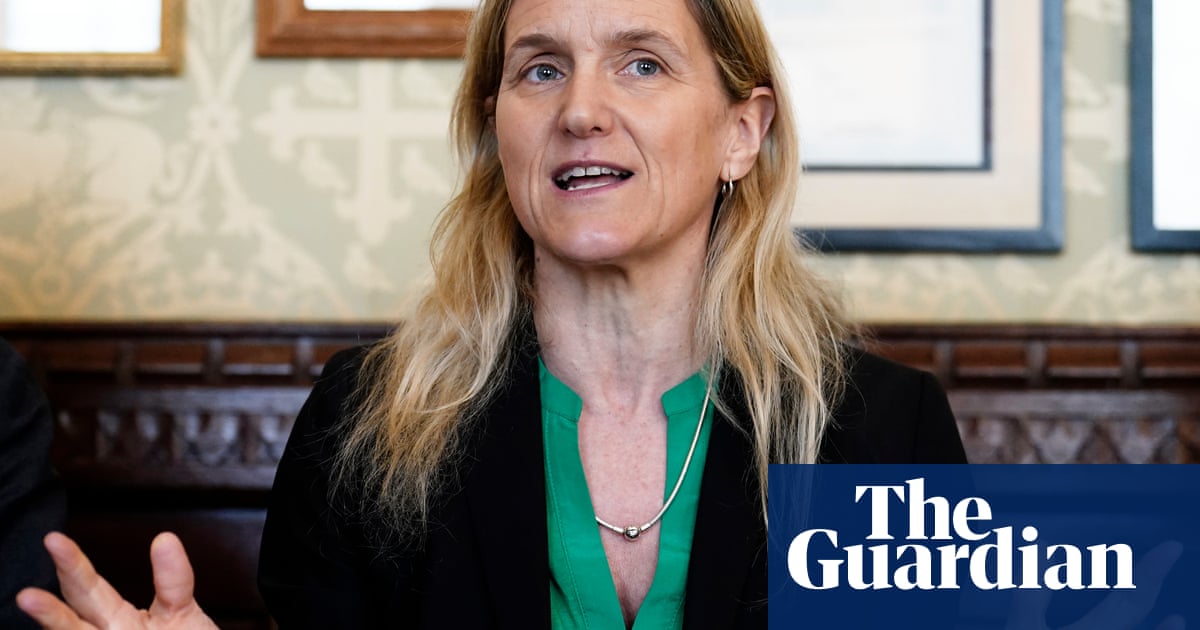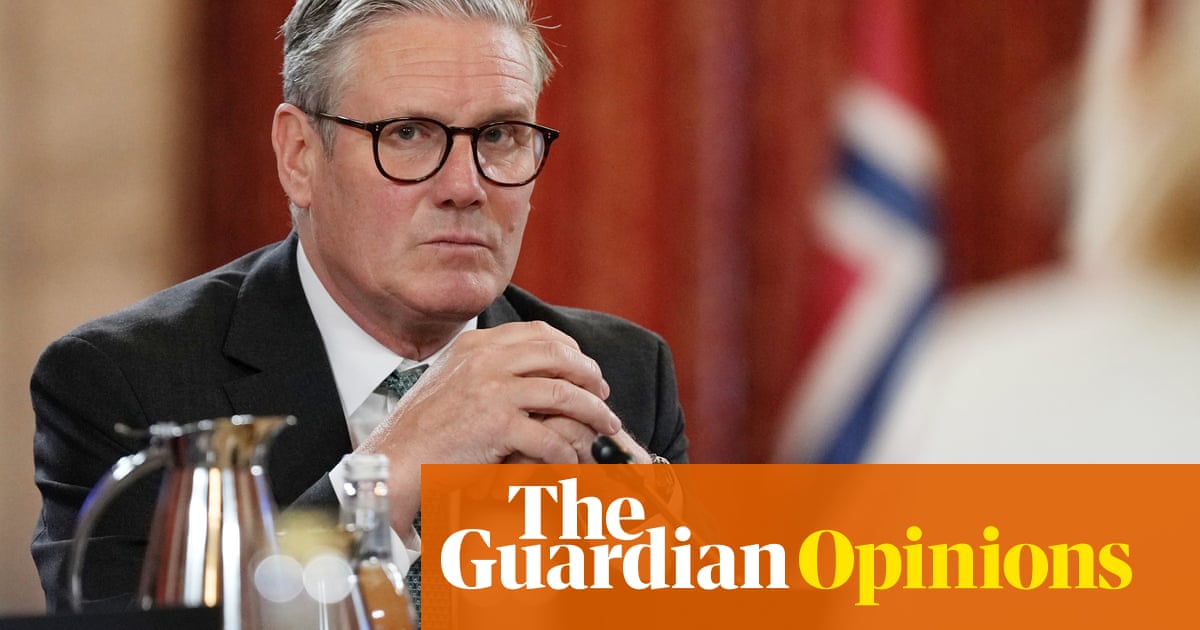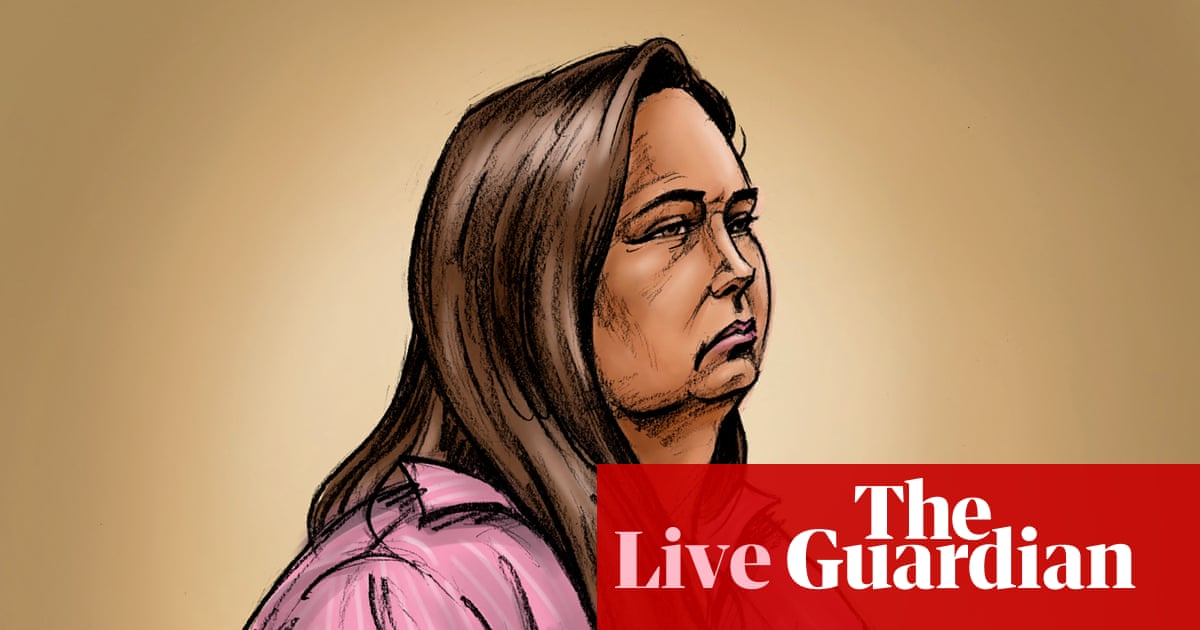It was change that won it. That was the single word to which Labour eventually boiled down all its complex ambitions; the six-letter slogan plastered triumphantly across its manifesto, because by the summer of 2024 change was pretty much the only thing the people of an exhausted country could all agree on. What kind of change exactly had by that point almost ceased to matter. Anything but this, millions of us told ourselves, as we scattered our votes in all directions.
It was clear even at the time that there were tensions between that urgent, almost reckless hunger for change and the naturally careful, cautious instincts of a steady-as-you-go incoming prime minister and chancellor. But Labour papered over them with the impenetrable mantra that, actually, if you think about it, “stability is change”. Well, actually, it isn’t. That line was never going to hold, and with Wednesday’s spring statement it finally broke.
As Rachel Reeves quite rightly pointed out when called on to explain how the relatively narrow room for manoeuvre she had left herself in last autumn’s budget had been wiped out by (among other things) the threat of war in Europe and associated economic turbulence, the world has changed. But the problem is that she doesn’t seem to have changed with it. Her fiscal rules on borrowing remain non-negotiable – in fairness the bond markets don’t leave her much choice there – and she won’t budge (so far) on taxes. Her only remaining idea for plugging the gap was therefore a continuation of the status quo offered by the previous government, which means a truly wretched round of spending cuts.
There was never going to be a good way of saying that a Labour government is taking money away from people who can’t wash themselves below the waist without help, or go to the loo alone. But there’s one surefire way of making it sound even worse, and that’s announcing at the last minute that these cuts still weren’t deep enough to convince the Office for Budget Responsibility, forcing you to slash millions more from the sickness benefits bill in a hurry.
More than 3 million UK families will now lose out from cuts, including to the health element of universal credit – paid to people with limited ability to work. Around 370,000 disabled people will lose the personal independence payment (Pip) they currently rely on, made regardless of whether they’re working or not and designed to help with the everyday costs racked up when you can’t just easily hop on a bus or you need the heating on all day. About a quarter of million people risk being pushed into poverty by welfare cuts if they can’t find work.
Hanging over all this is the grim understanding that the headroom Reeves has so painfully recreated by signing off on these cuts could yet vanish again overnight, if Donald Trump wakes up in the mood for a trade war. Rumours persist that his price for avoiding tariffs on the UK might be the scrapping of a digital tax currently levied on tech giants, a question Reeves carefully ducked when pressed on it. Few things would be harder for Labour backbenchers to swallow than the prospect of slashing help for vulnerable people, while letting tech billionaires off the hook to appease the US president.
Though technically none of this constitutes a return to austerity – Reeves will still be raising public spending in real terms overall, though by less than originally promised, and she is pinning her hopes on millions feeling the benefit of an imminent rise in the minimum wage – good luck explaining that to people who use the phrase more as shorthand for the sinking feeling that no matter what was promised, nobody is coming to the rescue.
When more than half of Britons say the country’s either heading back into austerity or has never left it, according to a new report gloomily entitled Doom Loop Deepens from the More in Common thinktank, they’re not thinking of the dictionary definition. What they really mean is a sense that nothing changes, no matter who is in power, and maybe this is just how life is going to be now.
Staggeringly, almost half say they can’t be sure the cost of living crisis will ever end, while seven in 10 think it’s unlikely this government will improve their lives. This depth of pessimism alone is enough to explain why Labour’s poll lead has collapsed, leaving them neck and neck with the still-hated Tories and a Reform party that barely even existed a year ago but that now has every expectation of cleaning up at the coming local elections.
All Reeves’s talk of OBR constraints and fiscal rules, meanwhile, must make it sound to those on the sharp end of the cuts as if their lives are being sacrificed to appease arbitrary gods, none of whom are answerable to the people getting hurt. Though she is right that it’s ordinary people who suffer when chancellors throw caution to the wind – as Liz Truss helpfully demonstrated not so very long ago – and that Britain would be punished for borrowing more, what people increasingly hear is “computer says no”. A chancellor who once made a virtue of being strong and steady sounds increasingly tangled up in her own spreadsheets, unable to break free.
Thankfully, this isn’t Reeves’s last word on the subject. The really big decisions about how Britain funds its security in a dangerous world will come in this autumn’s budget, when she still has the option of raising taxes – though by then it may be harder to portray them as a “war tax”, the price of containing a rogue American president.
Some Labour MPs wonder if she’s simply trying to show she’s exhausted all other options first before doing the one thing Labour swore it wouldn’t do, or buying time and hoping some green shoots of growth might have emerged by autumn – perhaps from what looks set to be a growing defence industry, creating jobs in Labour’s old manufacturing heartlands, or even from closer trading ties to Europe if those can be negotiated at May’s summit.
But the risk is that she merely unleashes six months of anxious and growth-dampening speculation about what tax rises might be looming, running battles with her own party over cuts some won’t be able to stomach, and a growing nihilism among voters who still can’t see light at the end of the tunnel. There is nothing more fatal, for a party of change, than slowly becoming the party of more of the same.
-
Gaby Hinsliff is a Guardian columnist

 1 month ago
44
1 month ago
44













































